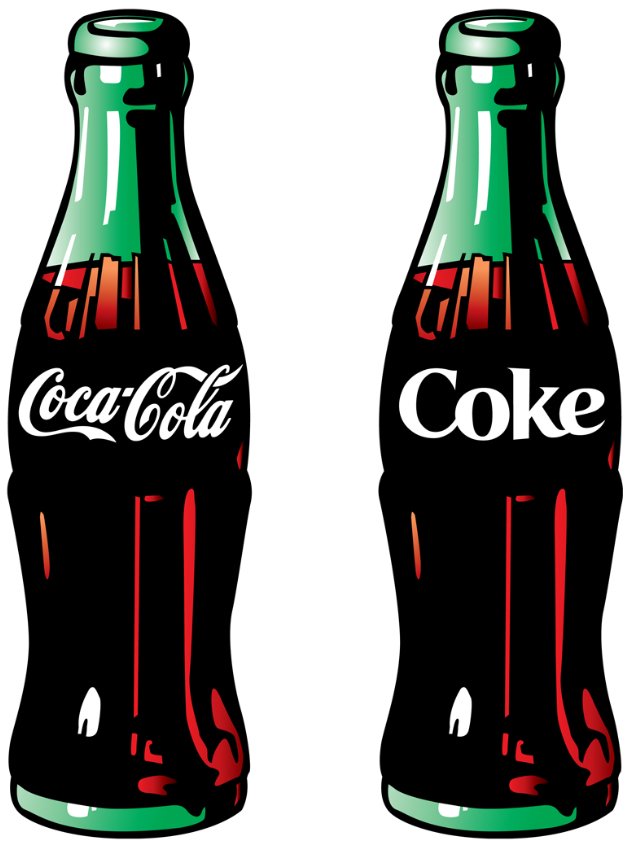THE REAL ABCs OF LIFE
Achieving good grades to earn a degree is always important. But how do we define “good?” Achieving straight As is always nice, but not everyone can achieve that. Each person has different strengths and weaknesses. That is why I am not a violinist. (You do not want to hear me play the violin!)
Depending on career path, grades can have differing levels of concern. For example, the premed student well knows the pressure to achieve that 4.0 GPA as opposed to the history student who does not quite feel that same kind of pressure. I am not in any way denigrating the history student in saying that. That is simply the way the academic medical world works.
Ultimately, whether a person attains that sheepskin with a perfect GPA or a middle-of-the-pack GPA, the fact remains that the degree is real. That person now has the academic credential to facilitate moving forward in his or her career. That is nothing to minimize.
Interestingly, various studies have indicated that a significant percentage of CEOs only achieved a C average in their academics. Genius-level academic scores are not anyone’s free pass to the C suite. Many other diverse factors drive those developments.
Recognizing all the above truths and poking a bit of fun at himself, former United States president, George W. Bush (a C student), gave these words of wisdom to the Southern Methodist University graduating class last May (Mark Glassman, ed., “Commencement Wisdom 2015,” Bloomberg Businessweek , 6/1/15–6/7/15, p. 25):
“ To those of you who are graduating this afternoon with high honors, awards, and distinctions, I say ‘well done.’ And as I like to tell the C students, you too can be president. ”
I think that academic grades and credentials are always important. Yet as with so many matters in life, they never tell the whole story. A person’s focus, energy, drive, talent, and dedication feed the future just as much, if not more than, what the academic transcript might read. And that is because the genuine ABCs of life involve much more than just the academic ABCs.











